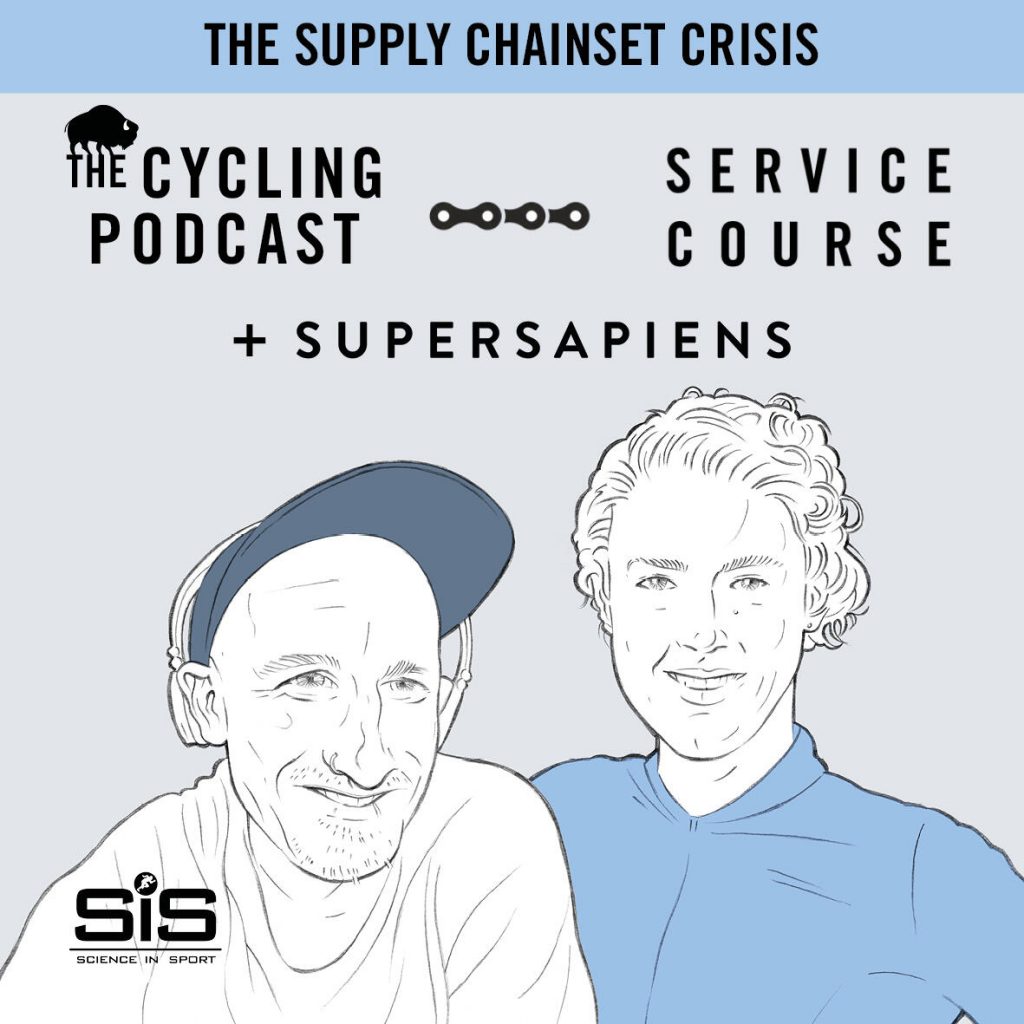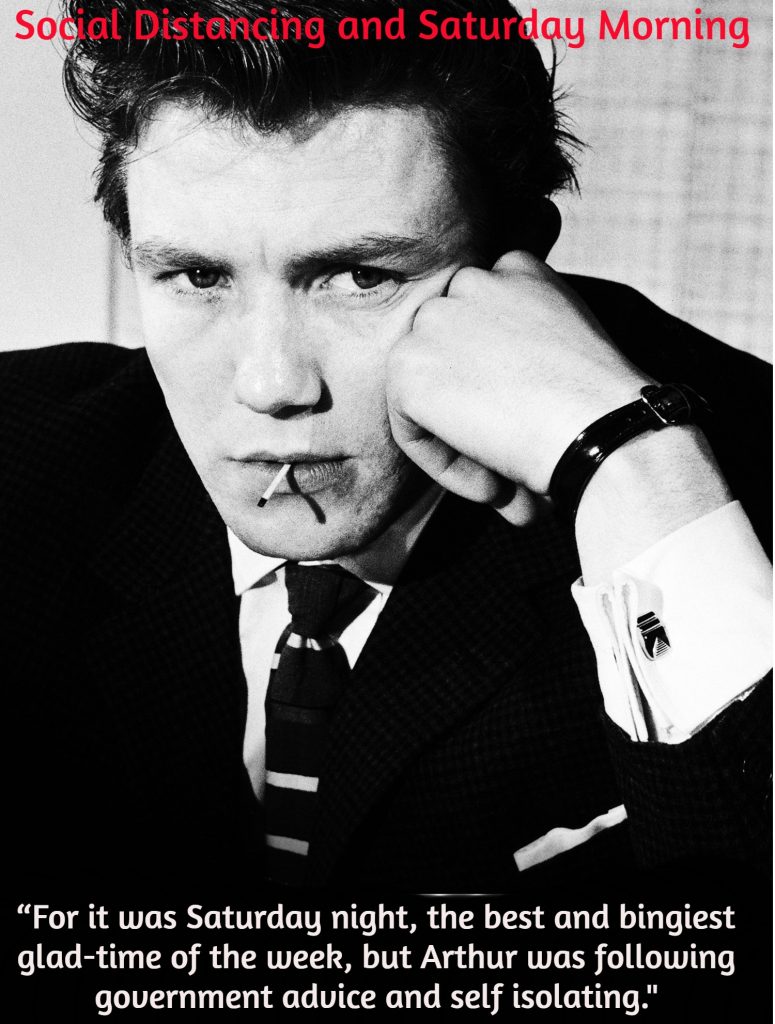
Tom Whalley’s podcast.
I think I might be the only person in Nottingham not to have been bought a Raleigh bike for Christmas. Back in the day, Raleigh was a badge of pride for Nottingham and up there with Brian Clough, the chap in green tights, and Torville and Dean for civic pride. This was handy because everything else about my 80s childhood was pretty miserable, what with a milk stealing PM, the Falklands, and the fear of imminent nuclear annihilation.
Everyone had a Raleigh, but I ended up with a Daytona. If you’ve never heard of Daytona, don’t worry. Neither had I. Neither had anyone. Consequently, I had the piss taken out of me constantly. In hindsight, this was my ‘A Boy Named Sue’ moment, teaching humility and resilience. But at the time I had a right proper strop.
My stepfather was a tight bastard. He chiselled a mark in the bath to ration out hot water, and all of our identical shoes came from Jonathan James. I could put with the DIY basin haircuts because everyone else had them. But a Daytona? Come on.
Mining communities thrive on wit and sarcasm. The more upset I got, the more imaginative the insults. But when random strangers started to point and laugh at me as I cycled by, enough was enough. I asked if I could sell it. My mum, having a good heart and all that, suggested I give it to a straggly youth at school who looked like he got fed and washed once a year. I agreed because I’d been to his house, and he had nothing. He was delighted with the offer and came home with me after school. He peddled off with a silly grin on his face and for a brief moment, the world felt like a good place.
There wasn’t much time to feel smug. A few days later he came into school covered in chocolate. ‘Sold that bike for £20 quid’, he said. ‘Want a scoff?’. I learned an important lesson that day: Don’t buy a Daytona and don’t give one away.
I mention this because I was recently a guest on Tom Whalley’s The Cycling Podcast: Service Course. The theme was Raleigh, and we had a natter about Alan Sillitoe’s Saturday Night and Sunday Morning which features 21-year-old lathe operator Arthur Seaton. The episode also features Chris Matthews, a historian and author of Towns in Britain, and a man with a very impressive Chopper.
Tom is an award winning sound designer, audio producer and presenter. Best known as T-Bone, the producer of The Huey Show on BBC6 music, he also produces The Wire Stripped. He’s recently returned to Wollaton with a young family, and I guess this episode was partly driven by a desire to reconnect with his roots. We did our interview via zencastr.com which runs in your browser so you can record anywhere without installing anything. Being able to see each other during the interview was really helpful and helped create a natural flow of conversation.
The show is co-hosted by double Giro Rosa stage winner Lizzy Bank. Bet she wasn’t riding a Daytona…
Series 10. Episode 3: All the Rest is Propaganda. https://thecyclingpodcast.com/episodes/service-course
Further reading
- Tom Whalley’s website tomwhalleyradio.wordpress.com
- Chris Matthews’ website christopherpaulmatthews.co.uk
- Raleigh Factory sillitoetrail.com
- Raleigh History raleigh.co.uk
- Lizzy Banks Twitter twitter.com/elizzybanks
- Raleigh Chopper: The definitive history and collectors’ guide retrowow.co.uk


